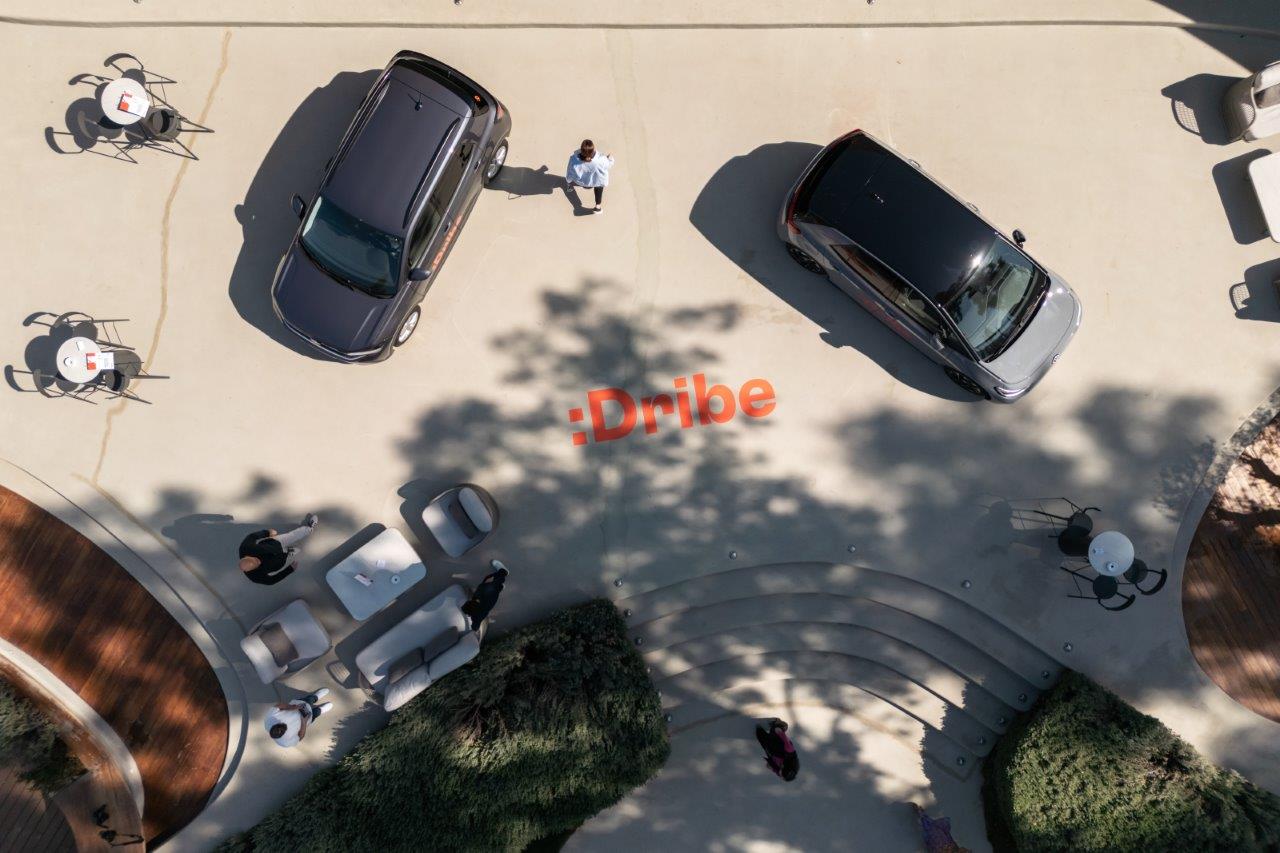Electric vehicle sales in Europe increased in October with a total of 124,907 new EVs being registered, representing an uptick of around 2% compared to the same month the year before. However, the small gain isn’t enough to turn around this year’s negative trend, as year-to-date EV sales are still 5% lower than last year, according to figures from trade organization the European Automobile Manufacturers Association (ACEA).

David Bailey, professor of Business Economics at Birmingham Business School, says that car subscriptions could be key to advancing the uptake of electric cars in Europe.
– Car subscription models are a great way for consumers to 'dip their toes' into the EV market. Drivers are sometimes hesitant about adopting this new technology due to high upfront costs and fears about range and charging and uncertainty regarding resale value, says David Bailey, adding:
– A car subscription model allows consumers to see if EVs fit their lifestyles and whether they are cost-effective for them. Car subscriptions don't tie people down for long periods, so they can enable consumers to try EVs while minimizing risk.
Car subscription service :Dribe, which is owned by Denmark’s largest automotive player, Semler Gruppen, offers a fully digital customer journey and open-ended subscription, giving subscribers full control and the flexibility to adapt their subscription and vehicle to match their dynamic needs at their convenience – be it an EV or a conventional solution, says CEO at :Dribe Jesper Hill-Kjærsgaard.
– When the customer has the flexibility to choose, we see a greater variety in the car models that are picked. When longer drives or infrastructural uncertainty occurs, we often see people switching back to conventional fossil-fuel cars. However, our experience is, that once becoming accustomed to the many joys of EVs, people tend to stay with the technology, says Jesper Hill-Kjærsgaard, adding:
– In this context, offering a selection of up-to-date EVs and fossil-fuel cars under a subscription model is an advantage, allowing consumers to weigh the pros and cons of different options and choose between them.
Untapped potential
Peter Wells, professor of Business and Sustainability and director of the Center for Automotive Industry Research, argues that car subscription services can play a key role in optimizing resource consumption in the transportation sector.
– When consumers pick large cars to meet very rare needs, the green transition of the automotive industry is challenged. The effect is that vehicles become over-dimensioned, which requires an unnecessary amount of resources to produce and maintain. Car subscriptions hold untapped potential for advancing green mobility by instead allowing consumers to change cars as needed, meaning new cars don’t have to be oversized all-in-one solutions, says Peter Wells.
Despite the promise held by car subscriptions, Peter Wells points out that it will be a challenge to change the automotive industry’s inclination for sticking to tradition. Out of respect for established practices, :Dribe focuses on uniting traditional business models with digital opportunities that can ease the transition to future mobility solutions.
– At :Dribe, we believe that sustainable change begins with a deep understanding of the industry’s needs and requirements, which have been a focal point during the development of our concept and digital subscription platform. We leverage the extensive knowledge and experience that the Semler Group has cultivated over more than 100 years of strong traditions within the auto industry, says Jesper Hill-Kjærsgaard.
:Dribe is a digitally driven car subscription model for consumers and businesses, owned by Semler Group. Denmark-based :Dribe is internationalizing the company, offering a simpler, quicker and more flexible car access across the globe. Read more at www.dribe.io





